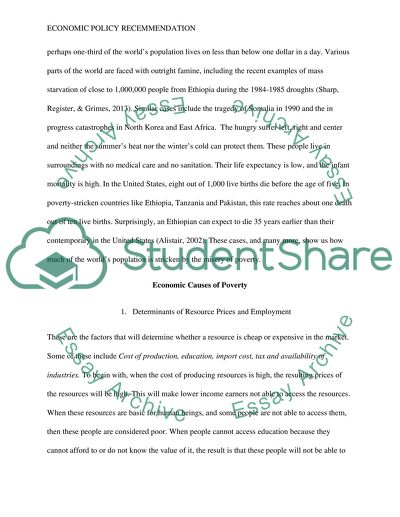Cite this document
(“Economic Policy Recommendation: Poverty as a Social Problem Assignment”, n.d.)
Economic Policy Recommendation: Poverty as a Social Problem Assignment. Retrieved from https://studentshare.org/macro-microeconomics/1493459-econimics
Economic Policy Recommendation: Poverty as a Social Problem Assignment. Retrieved from https://studentshare.org/macro-microeconomics/1493459-econimics
(Economic Policy Recommendation: Poverty As a Social Problem Assignment)
Economic Policy Recommendation: Poverty As a Social Problem Assignment. https://studentshare.org/macro-microeconomics/1493459-econimics.
Economic Policy Recommendation: Poverty As a Social Problem Assignment. https://studentshare.org/macro-microeconomics/1493459-econimics.
“Economic Policy Recommendation: Poverty As a Social Problem Assignment”, n.d. https://studentshare.org/macro-microeconomics/1493459-econimics.


